
The Bangles' Susanna Hoffs: the 10 greatest punk albums of all time
"Punk was a cultural earthquake that changed the way everything was to be done in the music world," says Susanna Hoffs, singer and guitarist for The Bangles. "Things became too big and too established in the mid-'70s, and punk was this wonderful art explosion that blew away all of the pretentiousness."
According to Hoffs, great punk albums don't have to be extreme sonically - it's emotion that matters. "Don't get me wrong, I love loud guitars and angry vocals," she says. "But to me, the most important ingredient for truly great punk rock is a feeling of rebellion. Whether you're singing against the government or how lame Top 40 radio is, it all has a place in punk rock."
As a student at the University of California in Berkeley, Hoffs says that punk hit her like a shot. "I grew up on pop, and I'll always love pop, but to have this new form of expression bust down the doors - there was no way, if you were truly open and aware, to ignore it. It was so refreshing, but it was also dangerous. The danger was part of the attraction."
On The Bangles' wondrous new album, Sweetheart Of The Sun, the band sings about affairs of the heart, but in Hoffs' view, it's heart that matters most, especially when it concerns punk. "Whether it's the Ramones or Elvis Costello or Patti Smith, these are artists who followed their feelings. Their music was extremely personal, yet we could all relate to it. So much of what is intensely dramatic can be called ‘punk.’ That's something I really discovered when I chose my list of the greatest punk albums of all time.”
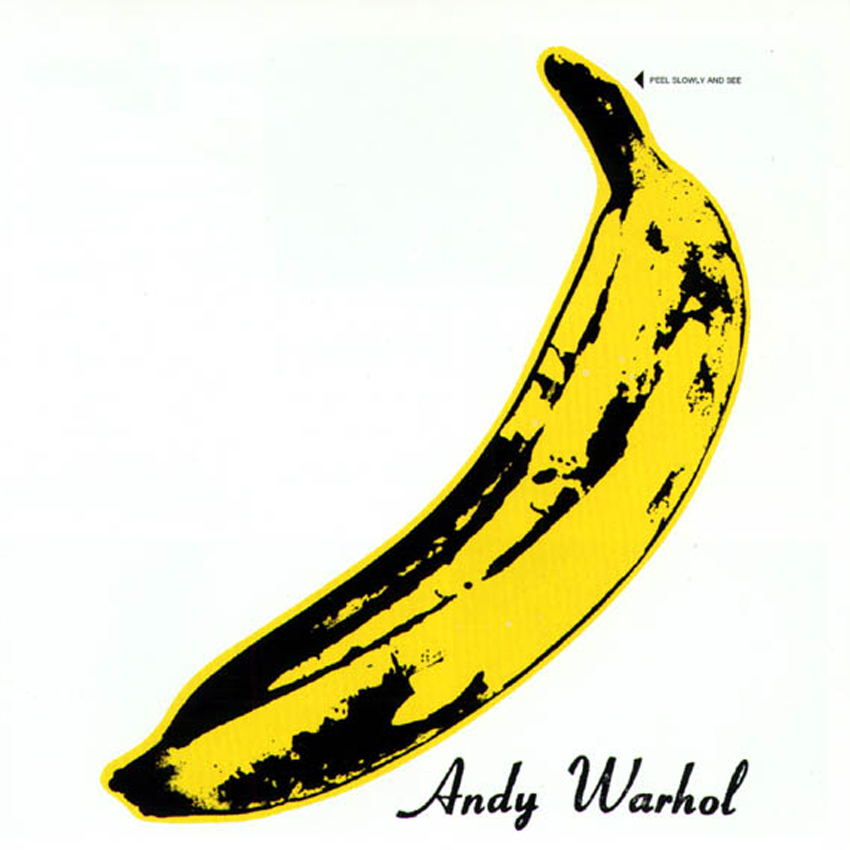
The Velvet Underground - The Velvet Underground & Nico (1967)
“This album preceded what we know as ‘punk,’ but in many ways, I feel that it might have been the first punk record before a term was ever attached to it.
“Because of their association with Andy Warhol, The Velvet Underground were part of an art world that knew no limits. Their image, the band lineup, the type of songs they played and they way they played them, their sound – it was very new and different, and it wasn’t for everybody.
“The Velvet Underground were their own happening. That’s the coolest thing you can say about any band.”
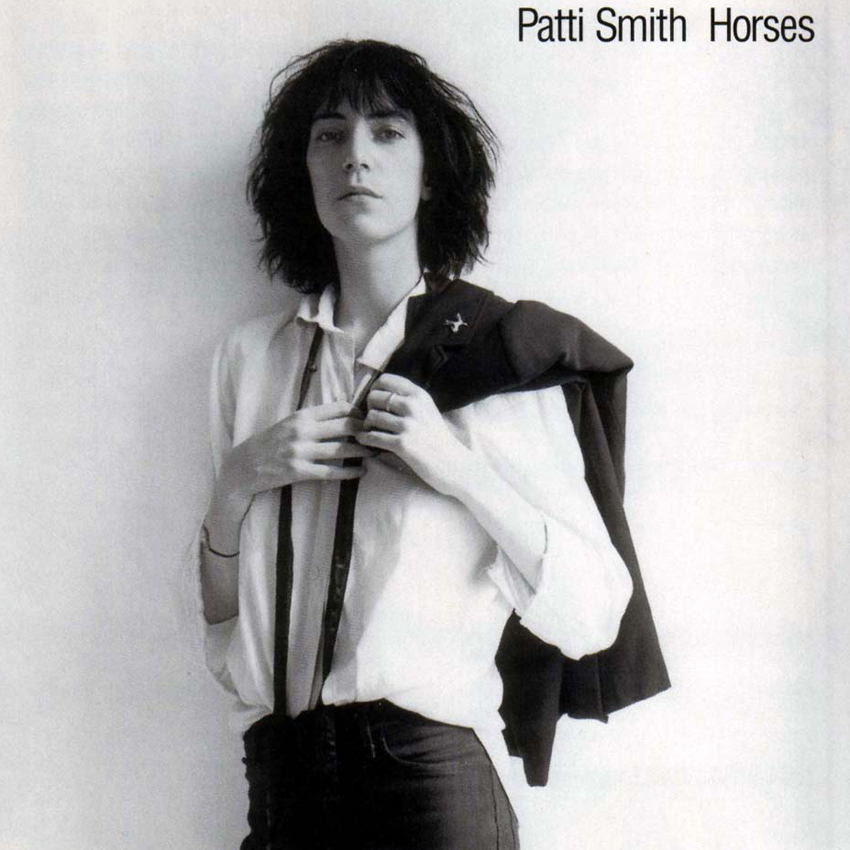
Patti Smith - Horses (1975)
“This record changed my life. Interestingly, when I first heard it, I didn’t know if I liked it – it was so raw. But then it clicked, and I was drawn to the intensity of Patti’s voice and her poetry. I realized that I was hearing a true original.
“The way Patti tapped into her pure emotions and her deep love of art and words in such a bold, individualistic manner, it was overwhelming. This album was so inspiring and liberating. It made you dare to follow your dreams. On Horses, Patti was on a real journey of expression and discovery – and once you let her in, she set you on your own journey.”
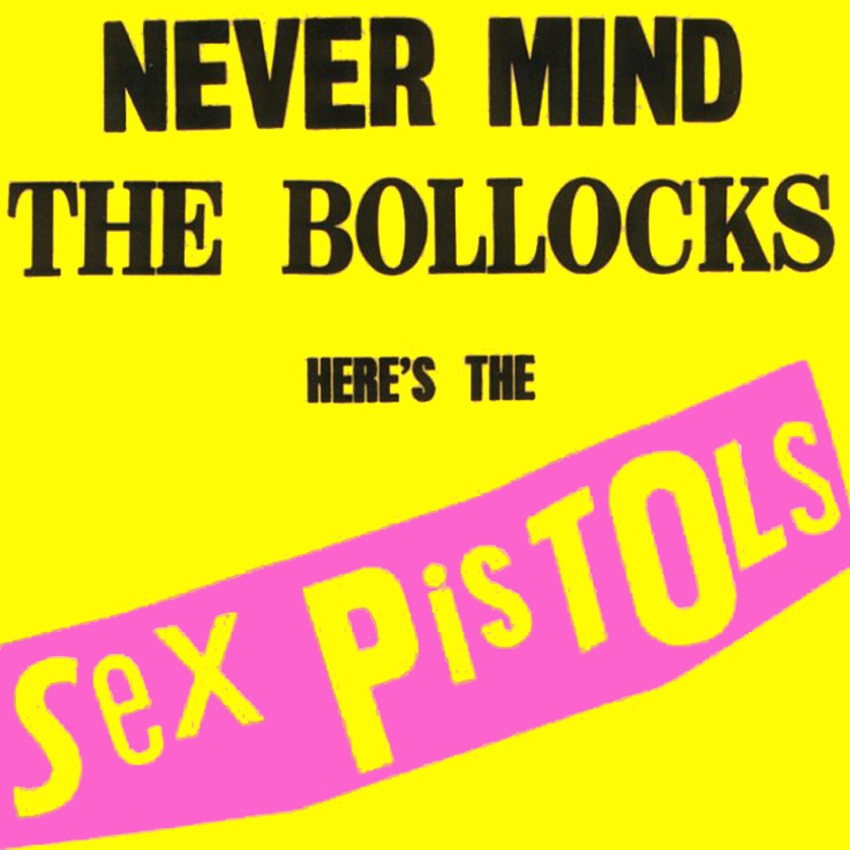
Sex Pistols - Never Mind The Bollocks, Here's The Sex Pistols (1977)
“If there is such a thing as a classic punk album, this is probably it. It’s basically the go-to record when it comes to all things punk.
“I thought the record was beautiful sounding. 'Beautiful' isn't a word normally attached to punk, but I think it fits. The distortion on this record was absolutely gorgeous. The band played full-on all the time; their sound came at you like an avalanche. Even Johhny Rotten’s voice was beautiful. I know he tried to be ironic, but I heard so much emotion in what he did. He couldn’t hold back or disguise his feelings.
“The greatest thing about this album is that it was 100 percent truth. Not a false moment on any cut.”
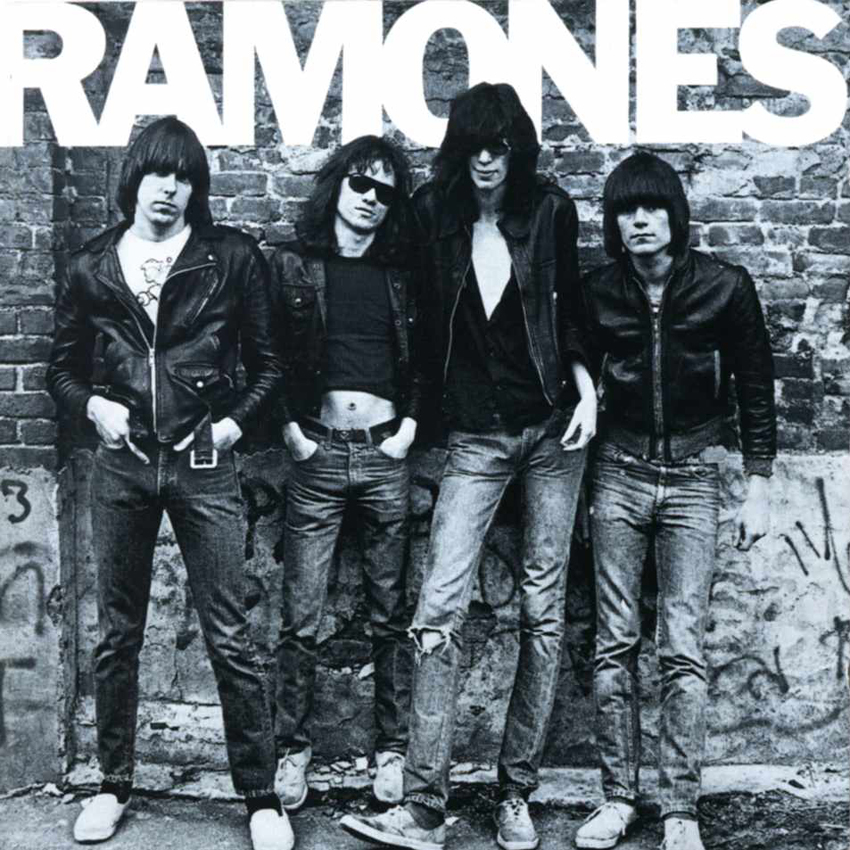
Ramones - Ramones (1976)
“I loved this album so much. What a gorgeous sound, what intense spirit! It was aggressive, but it was also sweet and lighthearted. The Ramones made you feel good about yourself, like you were part of ‘the club.’
“From Blitzkrieg Bop right on down, all of the songs are magnificent. Then there’s the album cover: gritty, black and white, defiant – it’s sort of a nod to early Beatles’ photographs, but it really shows you who the Ramones are and where they came from.
“I learned these songs when the album came out. I said to myself, ‘I know these three chords, and I can make this kind of music.’ I wasn’t the only one. Tons of people picked up the guitar after hearing this record.”
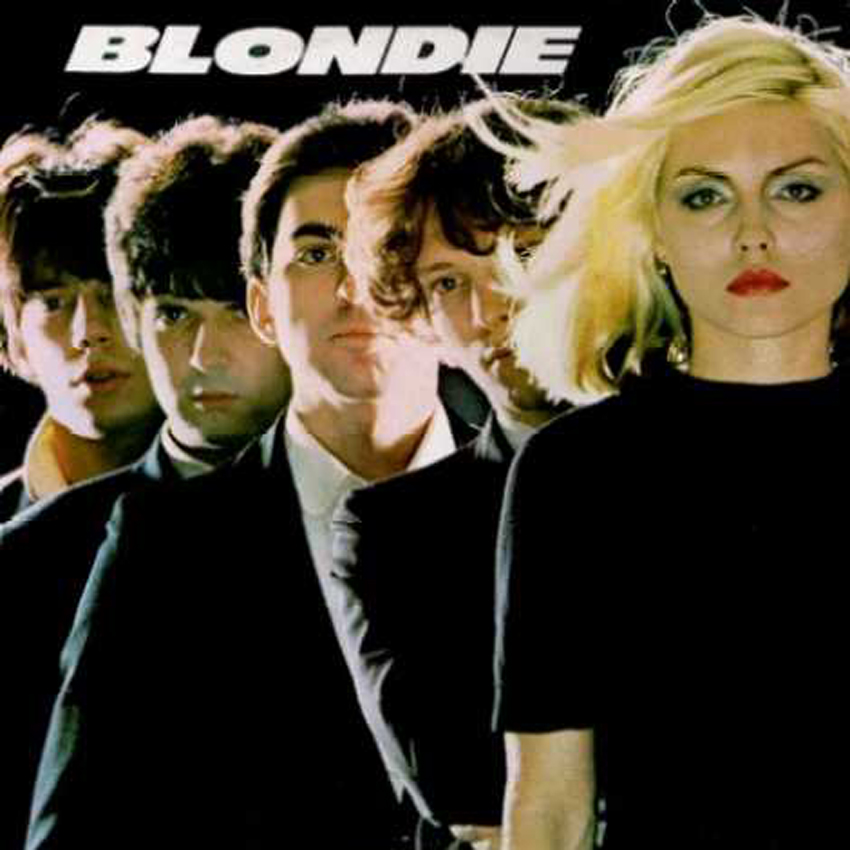
Blondie - Blondie (1976)
“So now we had another girl, but one who was very different from Patti Smith. Whereas Patti had kind of an androgynous thing going on, Debbie Harry looked like a fashion model from the ‘60s, but more streetwise and tough. She was iconic right from the start. You looked at her picture on the album cover, and she just seemed untouchable.
“Blondie were punk in their attitude – they had a ‘we do what we want’ ethos – but they were unapologetic in their love of pop and beautifully structured songs. They knew you had to have a great song to get heard. To me, punk and pop have always been closely linked, and this album proved that.”
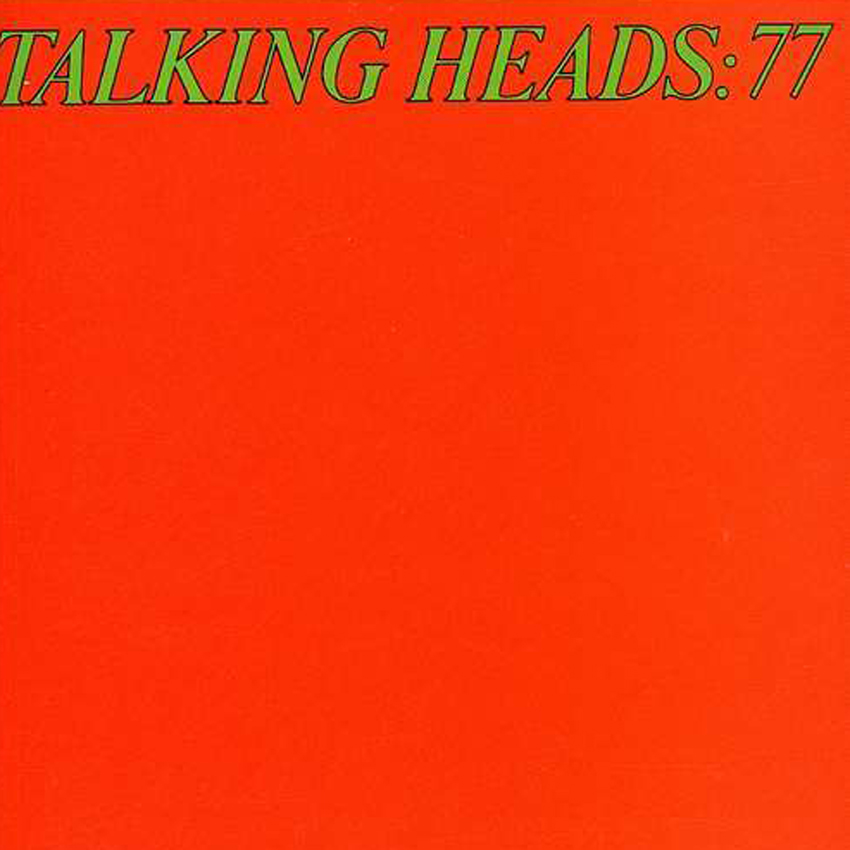
Talking Heads - Talking Heads '77 (1977)
“Here we had another iconic woman, Tina Weymouth, and one who could play the bass, an instrument we don’t usually associate with girls.
“I saw the band at the Whisky when they first played there, and Tina looked so beautiful on stage. Her concentration was amazing – she almost looked like a deer in the headlights, the way she kept her eyes glued to the neck on her bass. But she held her own with the guys. She belonged.
“This album was another one of those ‘art explosion’ moments. The music sounded utterly unique. From the way the band played to David Byrne’s vocals, they were their own creations.”
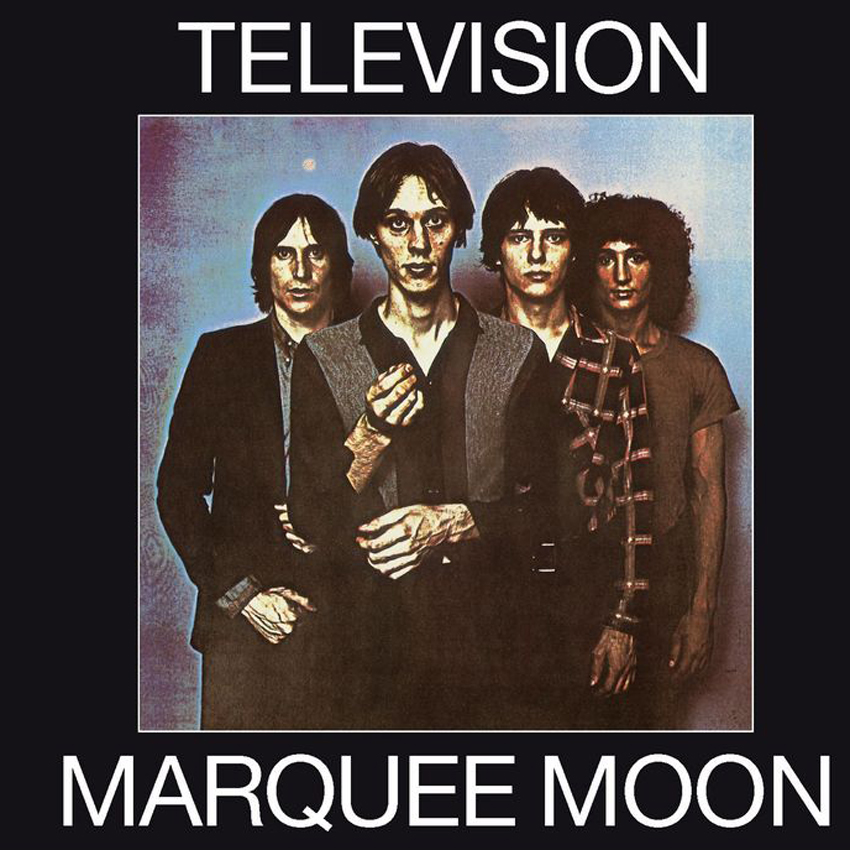
Television - Marquee Moon (1977)
“A great New York band, and what a terrific album! The guitar interplay between Tom Verlaine and Richard Lloyd was absolutely mesmerizing, hypnotic. Do they get enough credit for their groundbreaking work? I sure hope they do.
“It’s another important art statement, a reaction to all of the big rock that had been such a part of the ‘70s. Although Television came from the same scene that spawned the Ramones and the Talking Heads, they very much existed in their own world. No other band sounded like Television.”
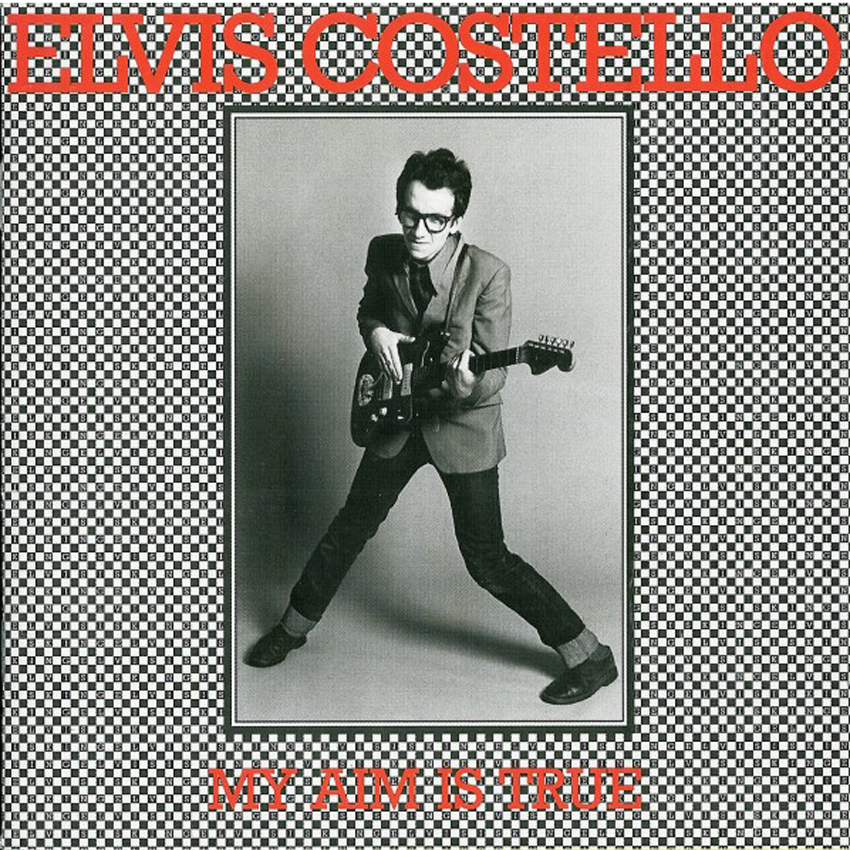
Elvis Costello - My Aim Is True (1977)
“We just played with Elvis Costello, which was such a thrill. He’s a towering artist in every way. His catalogue is unbelievable, of course, but it all started with the first album, one of the greatest debuts ever.
“What beautifully crafted songs! Both musically and lyrically, the record was so deep. Here was a guy who came out of nowhere, and right from the start he was writing material that could stand alongside the best of the best.
“The energy to it all was punk. The way Elvis looked, the way he sang, his sound and his stance – it was all very daring and fearless. He still is that way.”
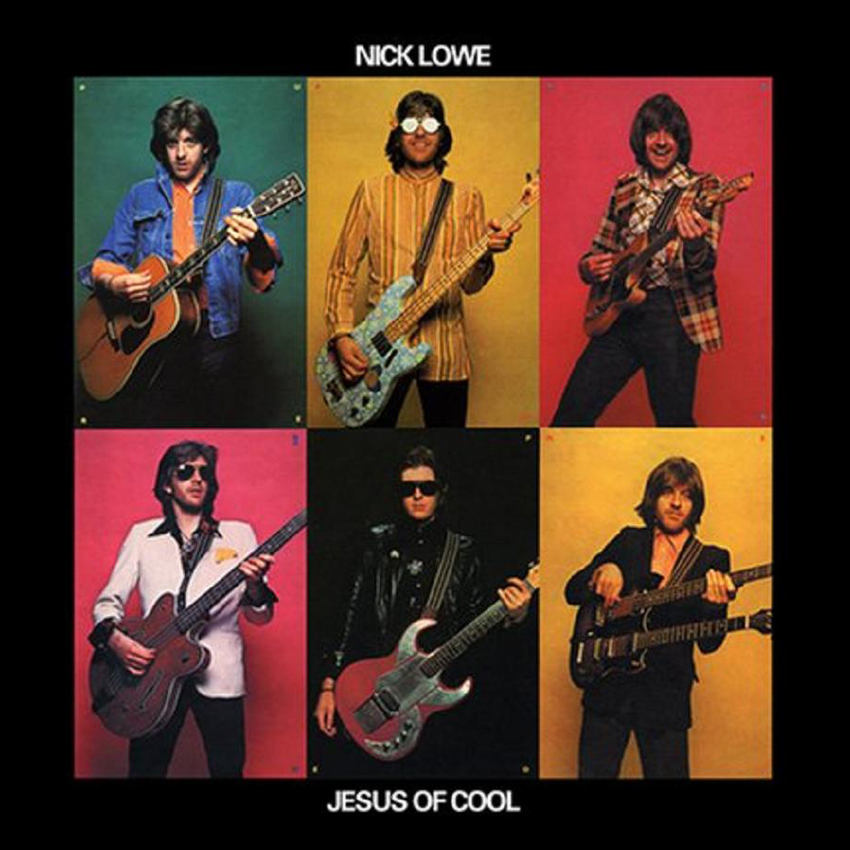
Nick Lowe - Jesus Of Cool (1978)
“You can’t list Elvis Costello without mentioning Nick Lowe. The two just go together, especially during the late ‘70s. For a while, it seemed as if everything that was important in music came from these two guys.
“Nick Lowe had it all down here. From country-based songs to high-energy rock and pop, he could deliver the goods in a smart, sophisticated way. And Nick knew how to achieve that right balance of music being played and produced well without making it sounding too polished.”
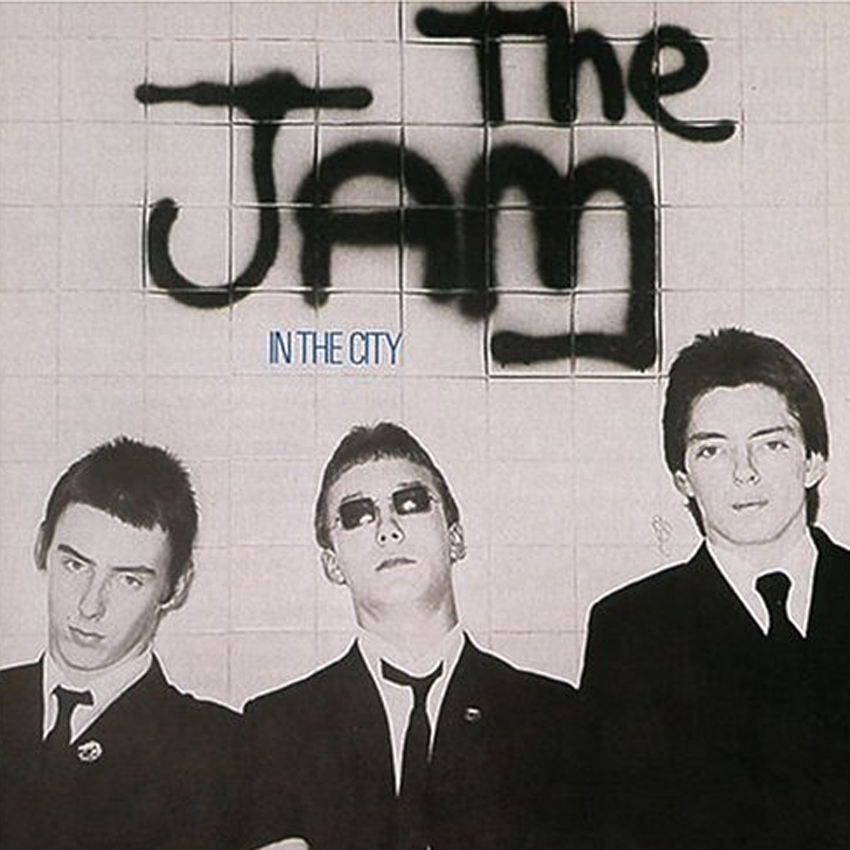
The Jam - In The City (1977)
“A three-piece band, they were almost like the Ramones of England. The big difference, though, was that they brought back the whole mod aesthetic, and to many of us who had never seen it the first time around, it was tremendously exciting.
“When you’re in art school and you’re young, you’re really attracted to whatever strikes you as cool. The Jam were cool – it was right there on the album cover.
“Musically and lyrically, the record hit every mark. Paul Weller was a very perceptive writer who could capture loneliness and teen frustration, and the band seemed to know how to frame each song. And you have to love a group that played the Batman theme! How punk is that?”
Joe is a freelance journalist who has, over the past few decades, interviewed hundreds of guitarists for Guitar World, Guitar Player, MusicRadar and Classic Rock. He is also a former editor of Guitar World, contributing writer for Guitar Aficionado and VP of A&R for Island Records. He’s an enthusiastic guitarist, but he’s nowhere near the likes of the people he interviews. Surprisingly, his skills are more suited to the drums. If you need a drummer for your Beatles tribute band, look him up.
